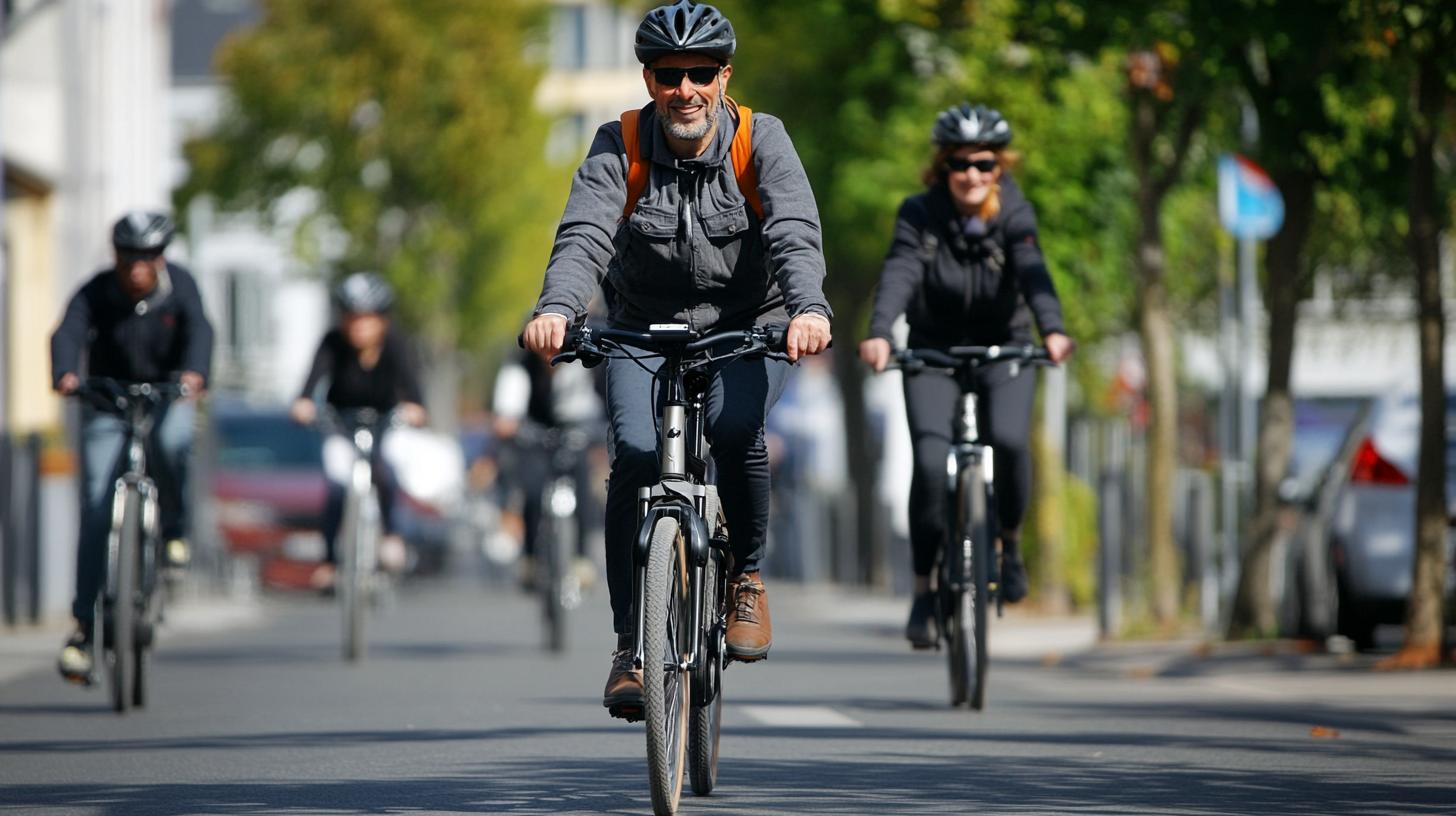Transforming Roofs into Powerhouses
The era of untapped potential in industrial buildings is coming to an end. BMW has embarked on a groundbreaking initiative to turn unutilized factory rooftops into thriving energy providers. Utilizing advancements in solar technology, the company is transforming its manufacturing plants in Germany into self-sufficient powerhouses, deriving electricity directly from the sun.
A Visionary Initiative
BMW is taking an innovative approach by renting its factory roof space in Dingolfing and Regensburg to Sunrock Holding Deutschland GmbH. This collaboration is set to deploy robust photovoltaic systems that will begin to power the facilities by 2025. The Dingolfing plant will host one of the largest rooftop solar installations in Germany, boasting a whopping capacity of 11.1 MWp.
Impact and Sustainability
The initiative will enable BMW’s plants to produce a combined annual electricity output of 14 GWh, significantly exceeding the needs of thousands of homes. Over 100,000 square meters of the Dingolfing facility roof are dedicated to solar panels, indicating the extensive commitment to renewable energy.
Collaborative Endeavor
Georg Brenninkmeijer, leading Sunrock Germany, expressed excitement about partnering with BMW. He emphasized the importance of localized sustainable energy solutions in meeting the high demands of the automotive industry. Installation of these state-of-the-art solar panels is set to commence shortly, signifying a pivotal shift toward sustainable industry practices.
BMW’s strategic use of solar energy marks a bold step forward, setting a new benchmark for industrial sustainability and drawing the attention of industries worldwide.
Unveiling the Hidden Advantages of BMW’s Solar Strategy
As industries worldwide strive for sustainability, BMW’s groundbreaking initiative to transform factory rooftops into energy powerhouses stands out. However, beyond the visible benefits, there are underlying advantages and questions that reveal the depth of their strategy in shaping a sustainable future.
Key Questions and Insights
1. Why Choose Rooftop Solar for Factories?
While traditional energy sources remain in use, solar technology has gained traction for its renewable nature and decreasing costs. Factory rooftops, often underutilized, become prime real estate for solar panels. They offer a location with minimal shading and interference, perfect for capturing solar energy, significantly reducing factories’ carbon footprints.
2. How Does BMW’s Strategy Affect Operational Costs?
Implementing rooftop solar panels decreases reliance on external energy providers. By generating their own electricity, BMW can reduce energy costs and protect against market volatility, ensuring more predictable and stable operational expenses.
3. What Are the Environmental Implications?
Besides reducing emissions, the solar initiative aids in combatting climate change by promoting clean energy. By adopting solar solutions, BMW sets a benchmark for following environmental responsibility trends across the automotive sector, creating a potential domino effect encouraging other companies to follow suit.
Challenges and Controversies
1. Initial Costs and ROI Concerns:
Installing large-scale solar panels involves significant upfront investments. The return on investment (ROI) can take years, posing a financial challenge to companies prioritizing short-term gains over long-term sustainability.
2. Technological Limitations:
Despite advancements, solar technology remains dependent on weather and geographical location. This can lead to inconsistent energy production, necessitating backup systems or energy storage solutions to maintain steady operations.
Advantages of the Initiative
1. Enhances Corporate Reputation:
BMW’s commitment to renewable energy solidifies its position as a leader in sustainable manufacturing, enhancing brand reputation and attracting environmentally conscious consumers.
2. Energy Independence:
By generating its own power, BMW reduces dependence on fluctuating energy markets, fostering greater autonomy and resilience.
3. Job Creation and Innovation:
The deployment of solar projects can stimulate local economies, creating jobs in installation, maintenance, and technology development.
Disadvantages to Consider
1. Weather Dependencies:
Solar energy production can be unpredictable, leaving gaps during cloudy or rainy periods, requiring contingency planning to ensure continuous operations.
2. Space Constraints:
Rooftop solar installations require extensive space, which might not always be available or suitable without structural modifications or enhancements.
To stay updated on sustainable energy trends and industrial innovations, you can explore BMW for more insights.
In conclusion, BMW’s solar-powered factories reflect a shift towards sustainable industrial practices. By addressing and overcoming challenges and leveraging advantages, they set a new standard for energy-efficient manufacturing, sparking a potential revolution in how industries approach energy usage.























